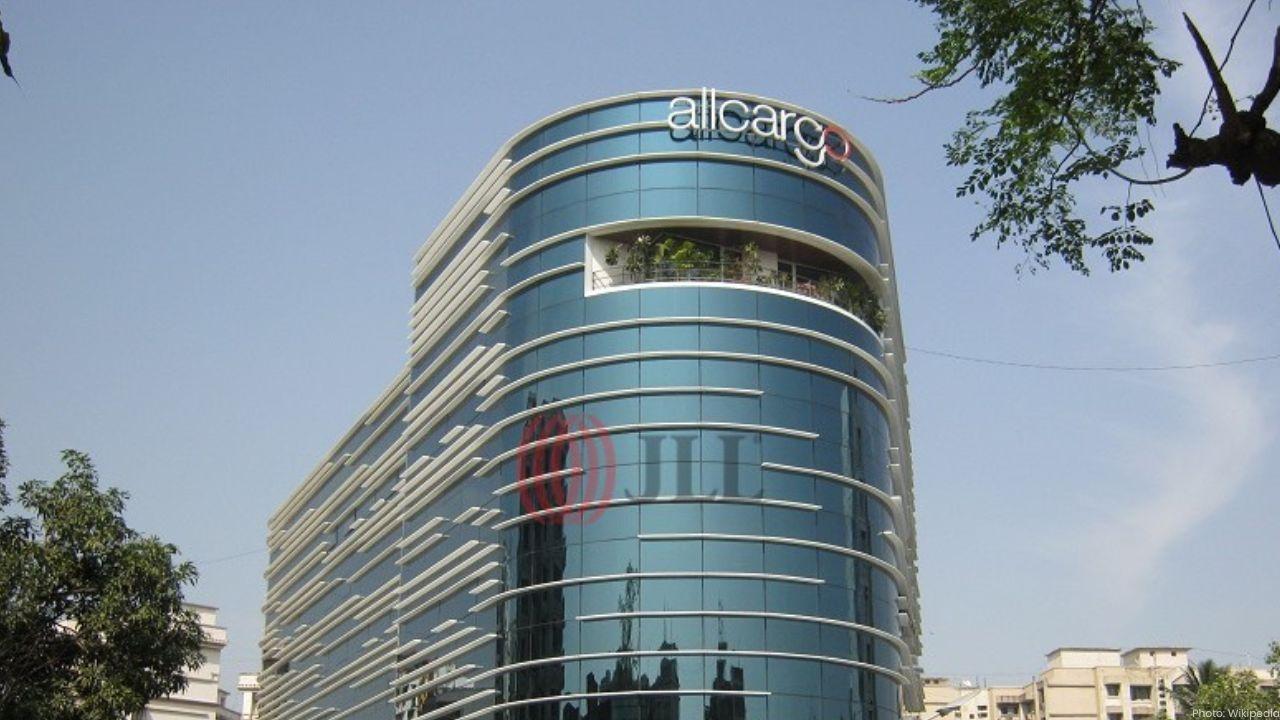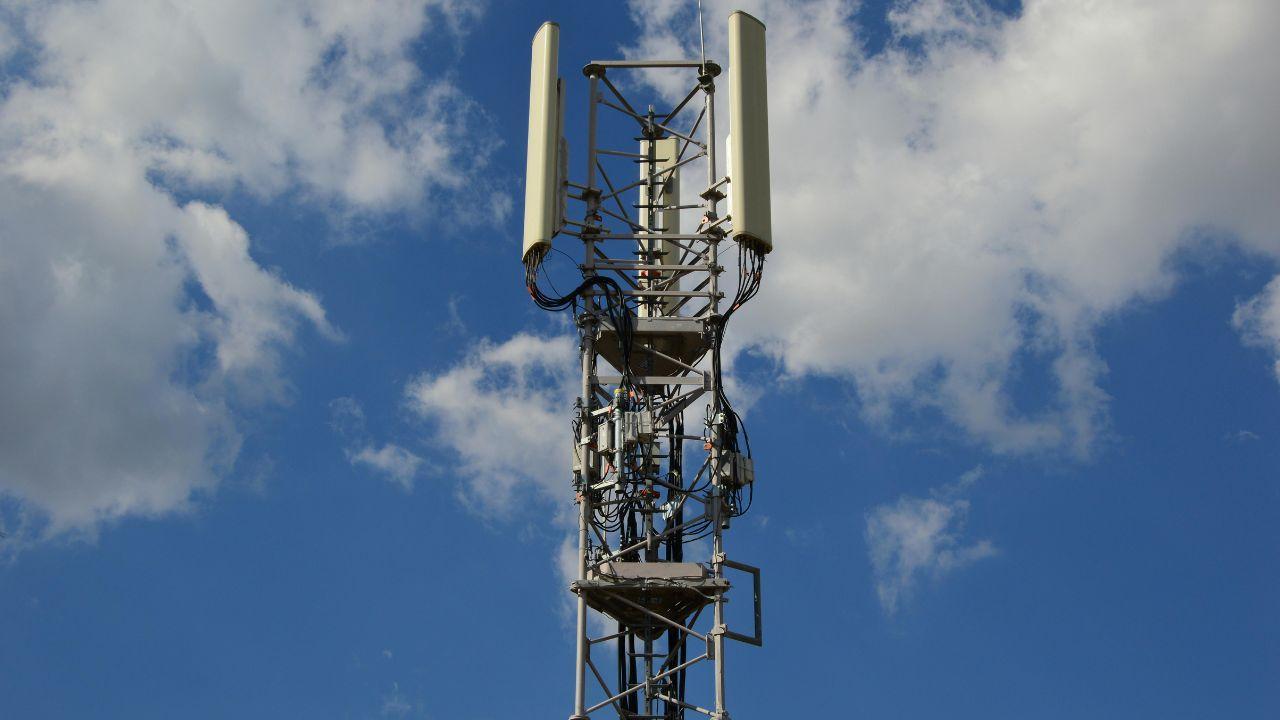
Post by : Meena Rani
Vietnamese authorities are investigating a serious cyberattack on creditors’ data stored in a key national system. The attack targeted the National Credit Information Center (CIC), an agency managed by the State Bank of Vietnam. This center plays a crucial role in storing important information such as personal details, credit card usage, loan repayments, and risk analysis linked to millions of individuals and businesses across the country.
Officials confirmed that hackers attempted to break into this database to steal sensitive information. While the full scale of the breach is still being investigated, cybersecurity experts say that the attack could have far-reaching effects if large amounts of personal and financial data were accessed.
The country’s cybersecurity agency released a statement saying early checks showed clear signs of unauthorized access. The main goal of the attack appeared to be stealing personal data and financial details of creditors. Authorities are still working to understand how much information might have been stolen and whether the attackers managed to bypass critical safety layers.
In a letter sent to financial institutions on September 11, the CIC confirmed it was conducting an internal investigation. The agency reassured banks that its system was still running normally and that no major damage had occurred so far.
Investigators suspect the international hacker group known as Shiny Hunters may have been behind the attack. This group has a notorious history of stealing data from global companies, including well-known names such as Microsoft, Google, and Qantas.
Authorities did not confirm if Shiny Hunters had already released any Vietnamese data online, but their reputation for selling stolen information on the dark web raises serious concerns.
The CIC manages one of the most sensitive collections of data in Vietnam’s financial system. This includes:
General personal information such as names, addresses, and ID numbers
Details about loans and credit card payments
Records used by banks to evaluate customer risks
If leaked, this data could put individuals at risk of fraud, scams, or identity theft. It could also create instability in the financial sector, as trust in the security of the credit system is vital for banking operations.
The State Bank of Vietnam has not issued a public comment yet. However, officials from the cybersecurity agency stressed that protecting the country’s financial data is a top priority. They said more updates will be shared after investigations are complete.
Meanwhile, the CIC has assured financial institutions that the breach has not disrupted operations. Banks can still access credit information services without interruption, which is essential for daily business activities such as approving loans or monitoring customer payments.
Experts warn that this incident could increase costs for banks as they may need to strengthen cybersecurity systems to prevent future attacks. Global investment analysts have pointed out that if incidents like this continue, it could affect the confidence of depositors. However, they also noted that unless the breach turns out to be very widespread, banks in Vietnam remain a strong investment option.
This attack highlights a bigger trend: data leaks are becoming a major issue in Vietnam. A recent cybersecurity report by the telecom firm Viettel revealed that Vietnam accounted for nearly 12% of all leaked accounts worldwide in 2024. Around 14.5 million accounts linked to Vietnam were exposed that year alone.
Experts say this sharp rise shows that hackers are increasingly targeting the country, especially as its digital economy grows rapidly. The latest incident with CIC shows just how critical it is to secure financial systems against such threats.
Vietnam now faces the challenge of both securing its financial data and restoring public trust. Authorities are under pressure to:
Strengthen national cybersecurity systems
Work closely with banks to update protection measures
Track down hacker groups involved in the attack
Protect individuals whose data may have been stolen
For millions of ordinary citizens and businesses, the biggest worry is whether their private details are safe. With rising online fraud cases and identity theft worldwide, ensuring data protection has become a top priority not just for governments but also for every financial institution.
The cyberattack on creditors’ data in Vietnam is a strong reminder of how valuable and vulnerable financial information can be in today’s digital age. While authorities say the system is still functioning normally, the suspicion of a global hacker group’s involvement shows how serious the threat is.
As investigations continue, both the government and banks are expected to take stronger steps to safeguard sensitive data. For citizens, this case underlines the importance of being cautious with personal financial information and staying alert for signs of fraud.
#Vietnam #CyberAttack #DataBreach #CyberSecurity #AsiaPacific #FinancialData #CreditSystem #Hackers #DataProtection #BankingSecurity #ShinyHunters #DigitalSafety










GST Overhaul Triggers Massive Road Freight Surge in India
India braces for a huge spike in road freight as the GST overhaul and festive season drive consumpti

United CEO Warns Spirit Airlines May Not Survive Financial Struggles
United Airlines CEO predicts Spirit Airlines could go out of business due to repeated bankruptcies a

Allcargo Opens Panapakkam Logistics Park Near Chennai
Allcargo Supply Chain Launches Panapakkam Logistics Park to Boost Southern India Distribution with M

HAL Receives Third GE-404 Engine for LCA Mk1A Fighter Jet
HAL has received the third GE-404 engine from the U.S. for the LCA Mk1A fighter jet program, with an

GlobalLogic Ericsson Launch Private 5G at Hitachi Rail Plant
GlobalLogic and Ericsson have deployed a private 5G network at Hitachi Rail’s Hagerstown facility, e

Honda Cuts Bike & Scooter Prices by Up to ₹18,887
Honda lowers prices of bikes and scooters under 350cc by up to ₹18,887, making commuting more afford